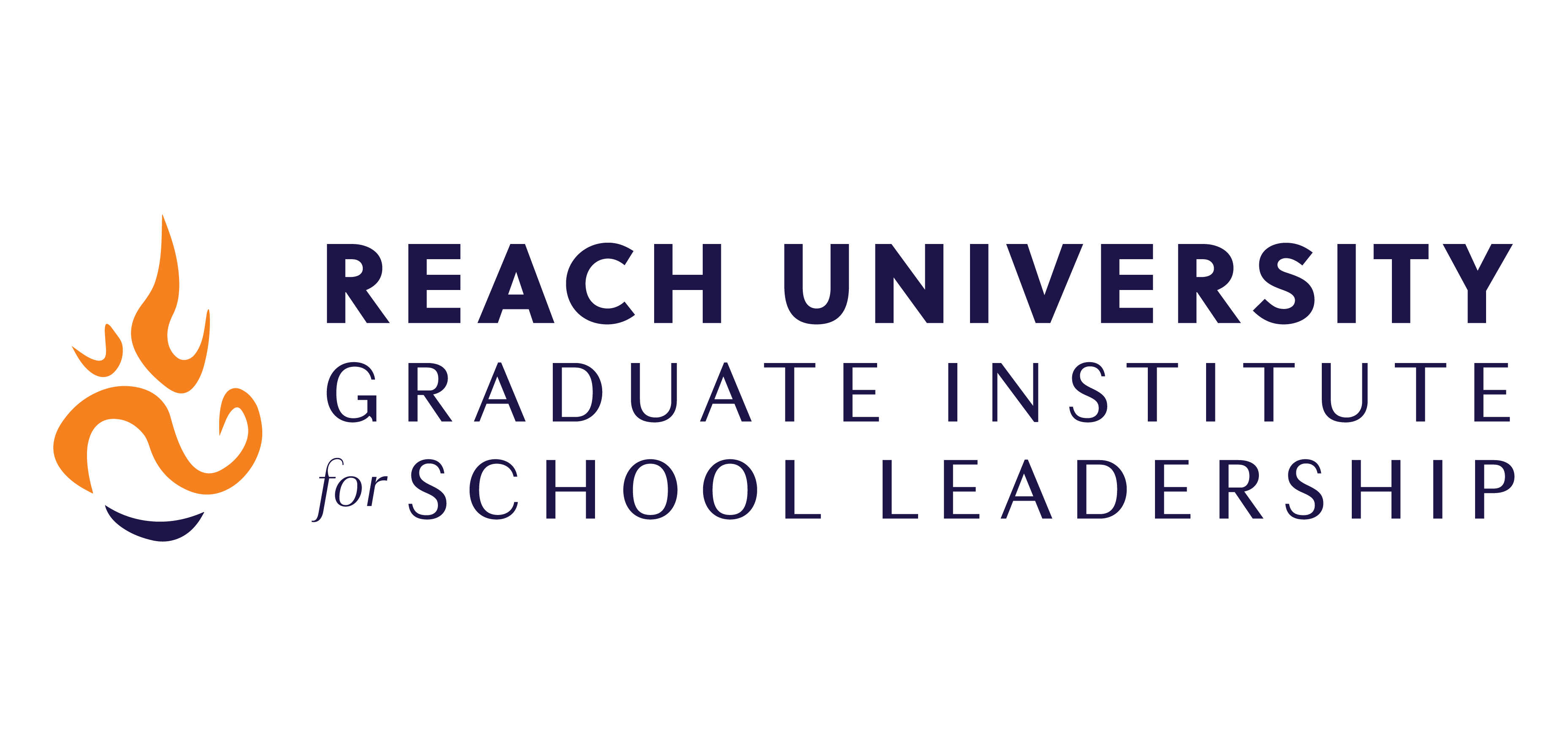A Systems-Oriented Coaching Approach to Teacher Retention
The urgent challenge of teacher retention has compelling implications for schools — especially those serving urban, low-income students. Retaining strong teachers is central to student learning and instructional coherence. Teacher turnover, as well as teacher retention, is marked by interdependent root causes. This study explores the range of system-level factors that impact teacher retention. Ultimately, ongoing teacher turnover leads to a breakdown of collective professional understanding and alignment within schools — especially regarding the central work of the instructional core. When large numbers of teachers cycle through a school or organization, constant effort must be placed on re-establishing shared understanding of instructional priorities, developing teacher capacity, and sustaining culture. As the site-based instructional coach at the focus school for this action research study, I recognized comparable implications within our community, pointing to an interdependent problem of practice: high levels of teacher turnover contributed to significant workload and a range of practice misalignment among novice and veteran staff; and in turn, teacher workload, especially regarding instructional planning, lead to long work hours, isolation, burnout, and turnover. In short — turnover leads to increased workload and increased workload can impact turnover. A review of the literature surfaced a few central ideas that informed the study: teacher retention relies on systems-level supports within a school, teacher retention is dependent on a host of interrelated systems and best practices, and the term “working conditions” refers to multiple factors that can influence teacher satisfaction and ongoing commitment to a site or district. The resulting intervention sought to address working conditions, especially regarding workload associated with instructional planning, by designing coaching-driven inquiry cycles focused on crafting “repeatable learning structures” to decrease teacher planning time and increase student autonomy. The intervention leveraged several systems-level essential supports that have proven effective in retention efforts historically, including honoring teacher professional autonomy, skillful instructional coaching systems, meaningful professional learning, emphasizing inquiry practices, and responsive instructional leadership. This study concludes that teacher retention can be markedly increased by systems-informed instructional coaching that utilizes targeted inquiry cycles focused on solving root-causes for teacher turnover, without losing sight of central instructional priorities.

